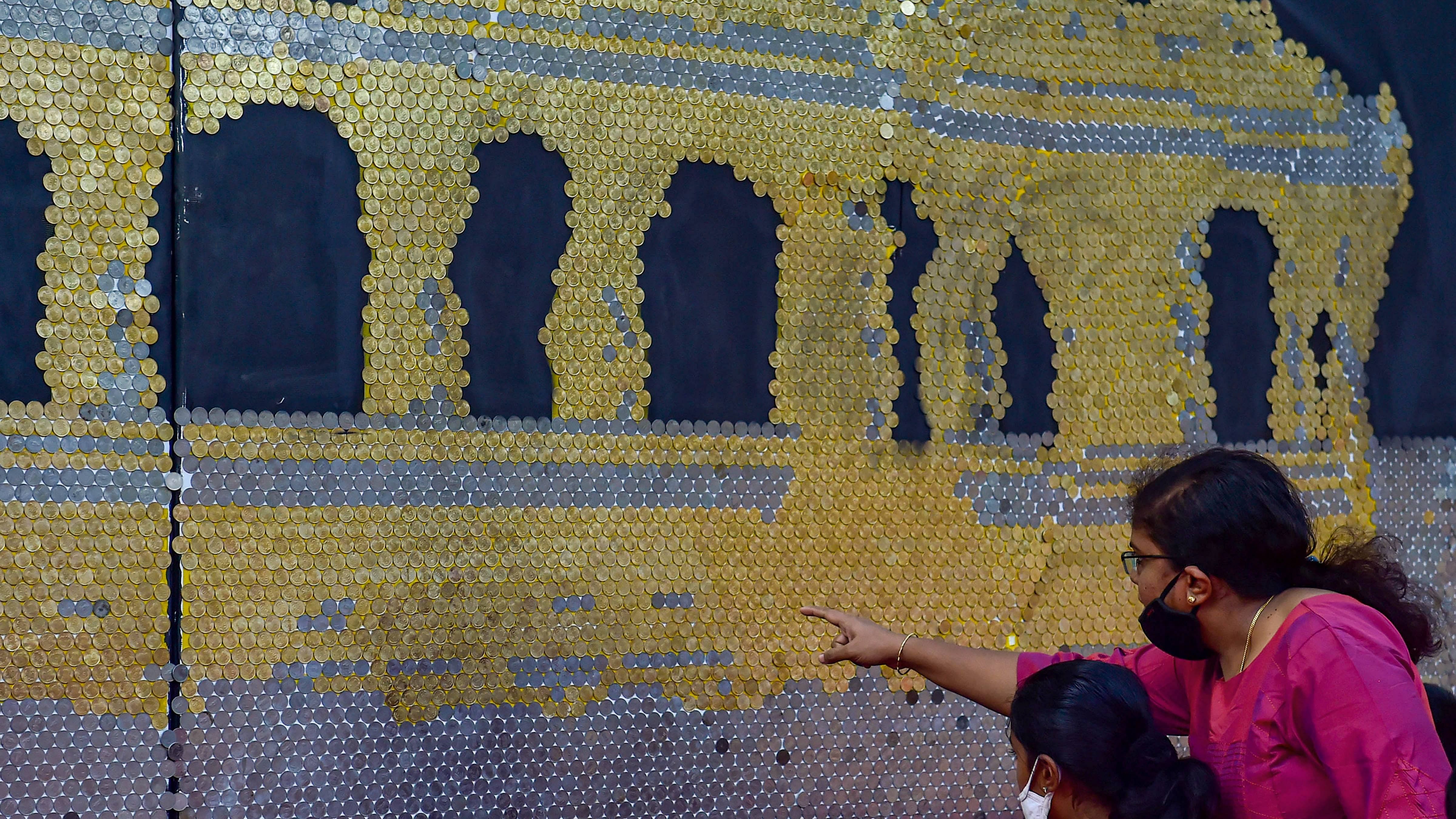
The Supreme Court on Friday issued notice to the Centre on a PIL challenging the validity of a 1991 law which prohibits the filing of a lawsuit to reclaim a place of worship or seek a change in its character from what prevailed on August 15, 1947. The petition alleges that the 1991-law creates an "arbitrary and irrational retrospective cut-off date" of August 15, 1947 for maintaining the character of the places of worship or pilgrimage against encroachment done by "fundamentalist-barbaric invaders and law-breakers".
A bench of Chief Justice S A Bobde and Justices A S Bopanna and V Ramasubramanian sought a response from the Union government on the petition filed by BJP leader and advocate Ashwini Kumar Upadhyay.
The move has assumed significance as there have been demands to resume litigation on Kashi-Mathura, related to temples of Lord Shiva and Lord Krishna respectively, in Uttar Pradesh. A suit in Mathura court has already been admitted for consideration.
In the PIL, Upadhyay contended that the Centre has barred remedies against illegal encroachment on the places of worship and pilgrimages of Hindus, Jains, Buddhists and Sikhs, who cannot file suit or approach a High Court.
He was represented by senior advocates Vikas Singh and Gopal Sankaranarayanan.
He sought a declaration from the court that the provisions of the Places of Worship (Special Provisions) Act, 1991 was void and unconstitutional for being violative of fundamental rights to equality, practice one's religion and maintain religious places, among others, as the law validated ‘places of worship’, illegally made by barbaric invaders.
"Hindus have been fighting for restoration of birthplace of Lord Krishna from hundreds of years but while enacting the Act, Centre has excluded birthplace of Lord Ram at Ayodhya but not the birthplace of Lord Krishna in Mathura though both are the incarnations of Lord Vishnu, the creator," he said.
Maintaining that the restriction to move Court is against the principle of rule of law, and secularism, he claimed that if the Ayodhya case had not been decided by the Supreme Court's Constitution bench on November 9, 2019, Hindus would have been denied justice even after 500 years of demolition of the temple.
Upadhyay contended that under the Hindu Law, the deity and its property are never lost and devotees have the right to sue a wrongdoer for the restoration of the deity and its property. So, illegal encroachment by other faith doesn’t yield any right and equity in favour of usurper.
He claimed that the Centre has no power to close the doors of courts and bar judicial remedy against illegal encroachment on the places of worship and pilgrimage.
In June, last Lucknow-based Vishwa Bhadra Pujari Purohit Mahasangh had already filed a plea in the top court, questioning the validity of the provisions of the 1991 Act.
Muslim scholars organisation, Jamiat Ulama-I-Hind had subsequently approached the top court to oppose the plea, saying it "will create fear in the minds of the community with regard to their places of worship, especially in the aftermath of the Ayodhya dispute and will destroy the secular fabric of the nation".
